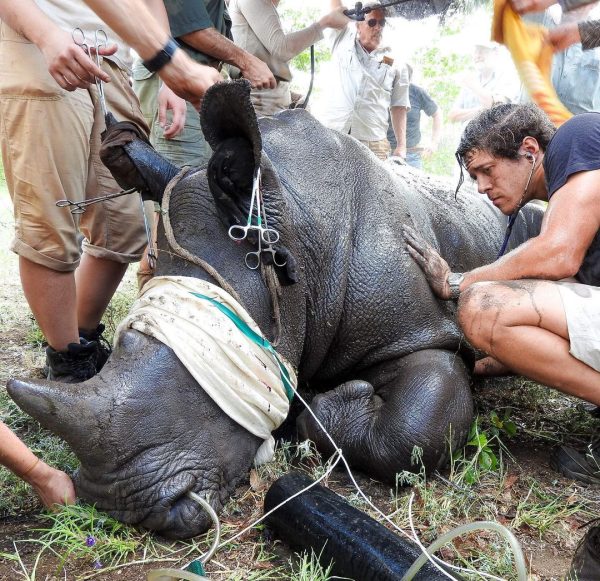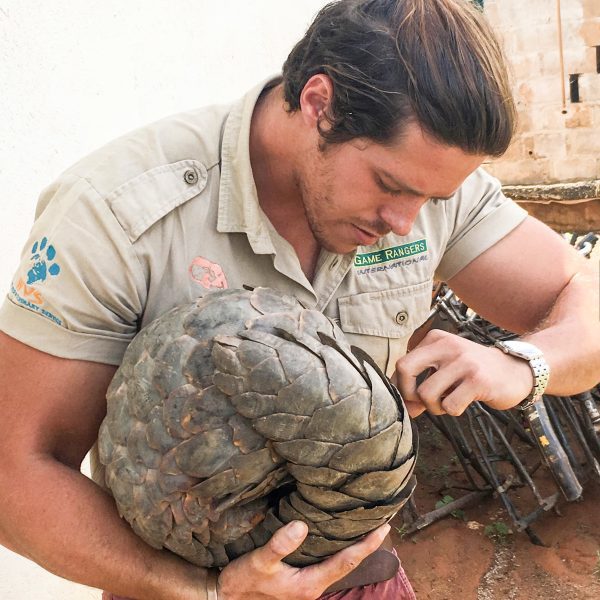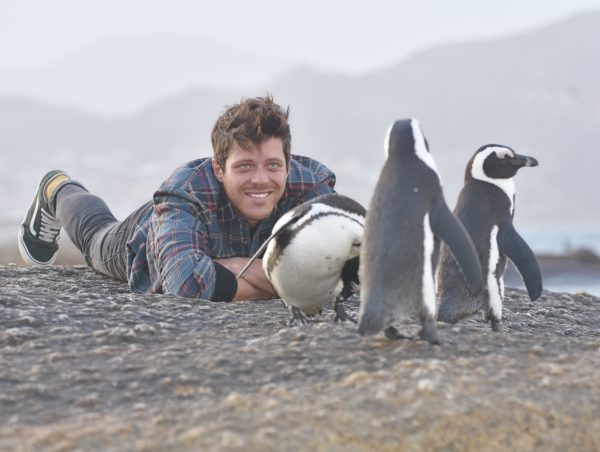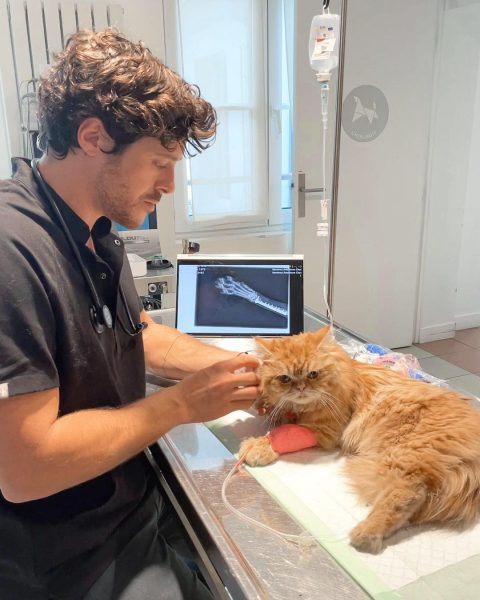It’s not often someone has the chance to study, establish a career, and spend every day doing what they love. That’s why I consider myself lucky.
Upon graduating from Alfort Veterinary School in Paris in 2013, I pursued a post-doctorate internship at the Lyon Veterinary School (France), with a special focus on small animals. During my eight years of training, I had the chance to work with specialists and renowned vets around the world – from India to Australia to South Africa. However, it was Zambia that stole my heart. When I wasn’t in school, Zambia is where I spent most of my time volunteering with a local wildlife conservation organization – Game Rangers International (GRI), including one project at an elephant orphanage. Nurturing some of the world’s largest creatures and providing them with a fighting chance to be released in nature, is an indescribable feeling. Eventually, GRI would offer me my first position as a freshly graduated veterinarian.

I spent the next two years working in the bush, learning from passionate and talented people in a unique environment. I was specifically in charge of a wildlife veterinary project in Kafue National Parks. Working alongside the Zambian national parks services (DNPW), we offered any necessary veterinary assistance to wildlife we encountered in the park, including a snared lion, a hunted elephant and a trapped pangolin. I couldn’t help but be humbled by the dedication of everyone I met in Zambia, as we all faced what seemed to be a never-ending fight to end the harmful impact of humans on the region’s wildlife.
The pangolin, a small mammal found throughout Asia and Africa, is by far one of the most interesting animals I’ve had the chance to work with. Made famous by the Covid-19 pandemic, pangolins are the most trafficked animal in the world, accounting for 20% of all illegal wildlife trade. In fact, up to 2.7 million are poached every year for their scales and meat. These gentle animals are defenseless and will remain rolled up in a ball until the threat of danger goes away. Sometimes, rangers or intelligence services will arrest traffickers carrying live animals. Unfortunately, it’s not uncommon to hear about seizures of dozens of tons of scales.

In the years that followed, I managed to strike a perfect balance between work and travel – all the while discovering wonders from the wild. I volunteered for different NGOs and vets in Gabon, Sri Lanka, Costa Rica and Malaysia, while also traveling for my other passion, diving. I had the chance to have amazing wildlife encounters both on land and under the sea with tiger sharks in the Bahamas, whale sharks in the Philippines or killer whales in Canada.
There is something special about wildlife encounters as it brings intense feelings of beauty, luck, and humility to be able to experience it, as you’ve been chosen by these creatures. I remember a time I was climbing a mountain in Borneo and I got hit by a storm. I reached for shelter under a cliff and I was joined by a baby orangutan who was looking for the same. He sat only two meters from me and as we were staring at each other, waiting for the storm to pass, we were both surprised and curious about one another. One of my goals is to share these experiences with others, as a way to raise awareness for our planet and in the end, protect it.
“One of my goals is to share these experiences with others, as a way to raise awareness for our planet and in the end, protect it.”

As difficult and heartbreaking as the pandemic has been, the time I’ve spent locked in Paris has allowed me to settle down and focus on a new career as a small animal vet. This is a new direction for me, but I’ve enjoyed every second of it. Running diagnostics, building trust with owners, and working as a team has been amazing experience. A typical day there can be as exciting as the one I used to have in the African bush. Animals and situations are obviously different, but the medical challenges are much more interesting.
Between regular appointments and emergencies, there is never a dull day. In each case, each animal and owner are different. From the first check-up for a puppy golden retriever to emergency surgery to remove a foreign body, a veterinarian is expected to use every medical specialty in a single day.
 Technology plays an important role in any medical professional’s career – whether out in the African bush or in your local vet clinic. Having advanced equipment at my fingertips allows me to review research studies on the newest medicine, examine x-rays and ultrasounds, and more. Additionally, with Lenovo’s technology I can document my journey to share my love for nature, and hopefully inspire others to protect our planet’s most vulnerable and beautiful animals.
Technology plays an important role in any medical professional’s career – whether out in the African bush or in your local vet clinic. Having advanced equipment at my fingertips allows me to review research studies on the newest medicine, examine x-rays and ultrasounds, and more. Additionally, with Lenovo’s technology I can document my journey to share my love for nature, and hopefully inspire others to protect our planet’s most vulnerable and beautiful animals.